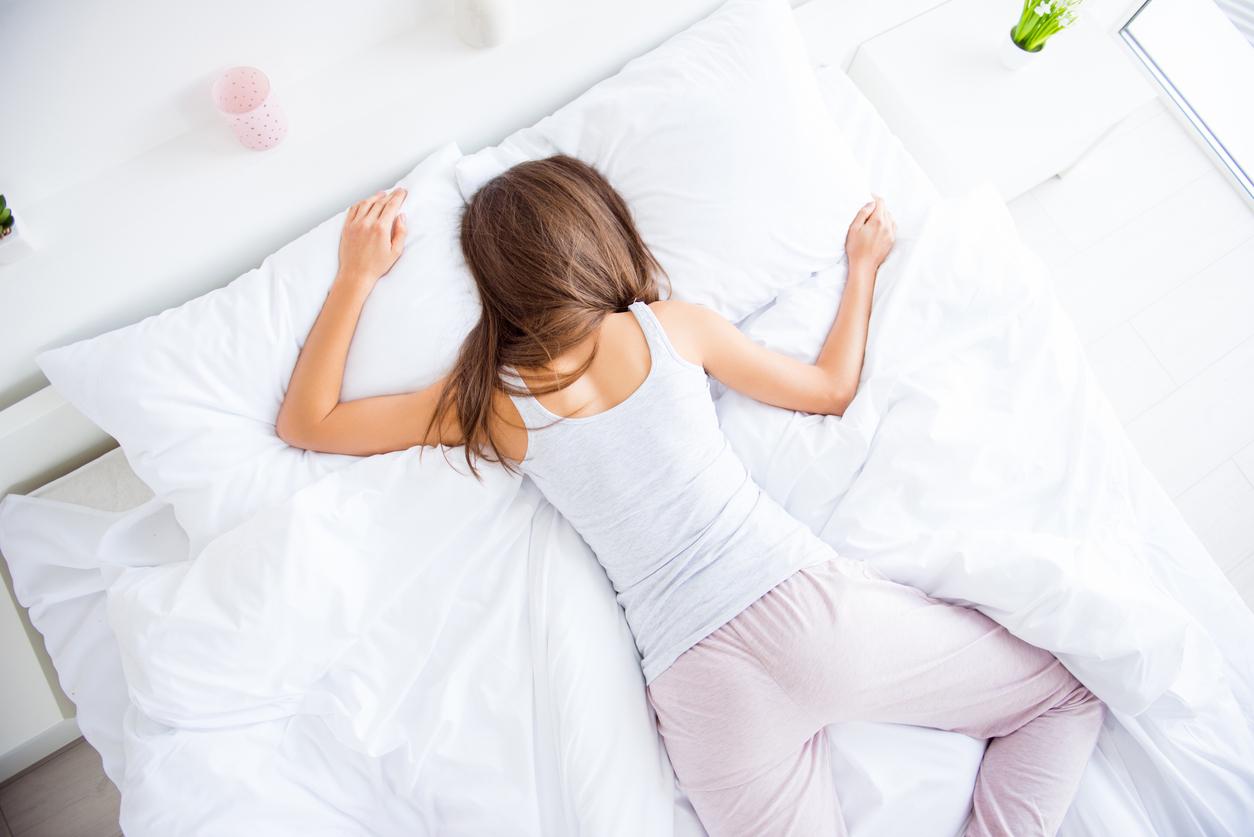
Tips for sleeping in winter
It is cold and bleak outside and that has an impact on your night’s sleep. Why do you sleep worse in winter? And how do you boost your sleep?
Do you sleep worse once the winter time has started? You’re not the only one! Winter comes with cold and rain and then it gets dark much faster. As a result, we spend less time outside and catch less daylight, two things that affect your night’s sleep. What to do?
The amount of light can be expressed in lux. A normal summer day has about 10,000 lux, while in winter it is sometimes only 1000 lux. While it is very easy in the summer to take in enough light, it is a lot more difficult in the winter with those short, dark days.
Outwards!
Due to the lack of daylight, your biological clock falters and your sleep rhythm gets confused. For example, it often takes longer before you fall asleep, while in winter you are more tired during the day. It therefore helps enormously if you make sure you go outside during the day. You can dress for cold and bad weather. Just a walk during your lunch break provides a dose of that much-needed daylight. Getting outside for 15 to 30 minutes every day makes a difference. Do this between 11 a.m. and 3 p.m.
Daylight lamp
Sleep deprivation has several negative effects. Not only are you tired and physically deteriorating, too little sleep also affects your cognitive functions, such as concentration and memory. And that’s not even talking about your mood. That can really suffer from lack of sleep and lack of daylight. Before you know it, you’ll be worrying all night. A daylight lamp can offer a solution if you suffer from a shortage of daylight and it is not possible to go outside enough. Such a lamp has a light intensity of about 10,000 lux, which is comparable to direct sunlight.
Regularity
In any case, try to use a fixed bedtime (preferably earlier than in the summer), even if you are awake a little longer than usual. ‘If you don’t sleep, you will rest’, your mother probably used to say. And although rest is not the same as sleep, there is a grain of truth in it. It’s a comforting thought: even if you don’t fall asleep, you do rest. This helps you to relax physically and mentally, creating the right conditions for you to actually sleep. Are you still awake after 15 minutes? Then get out of bed and do something relaxing, such as yoga, meditation or mindfulness. It also seems to help to lie down in an uncomfortable place, such as a cold couch. This increases the need for sleep.
Another tip: make sure your feet are warm, because cold feet make it harder to fall asleep. Wear special sleeping socks, use a hot water bottle or a foot blanket if you regularly lie in bed with too cold feet.
What not?
Even if you lie awake: your bed is only for sleeping and having sex. It is not a place to watch an (exciting) movie or play games on your phone. Rather turn off that phone completely and ensure a dark bedroom. Do not drink coffee or alcohol before going to bed. A cup of chamomile tea can actually help you sleep well.
Up on time
A fixed sleep schedule also includes a fixed time to get up. Do not only use this time during the week, but preferably also during the weekend. Do you have trouble falling asleep, but only get out of bed in the morning with pain and difficulty? Then it is not strange with those darker winter mornings. As long as it stays dark, the brain produces the sleep hormone melatonin, making it extra difficult to get up. A light alarm clock can help your body get out of that sleep mode.
Nice moving
In addition, try to keep moving, even if it is much more tempting to play Netflix under a blanket on the couch. Sufficient exercise will help you fall asleep better at night and wake up with more energy in the morning. Do not exercise right before going to bed, as this will only make it more difficult to fall asleep.
Finally, a snotty head doesn’t help either. This is how you ensure that you sleep well when you have a cold.

















